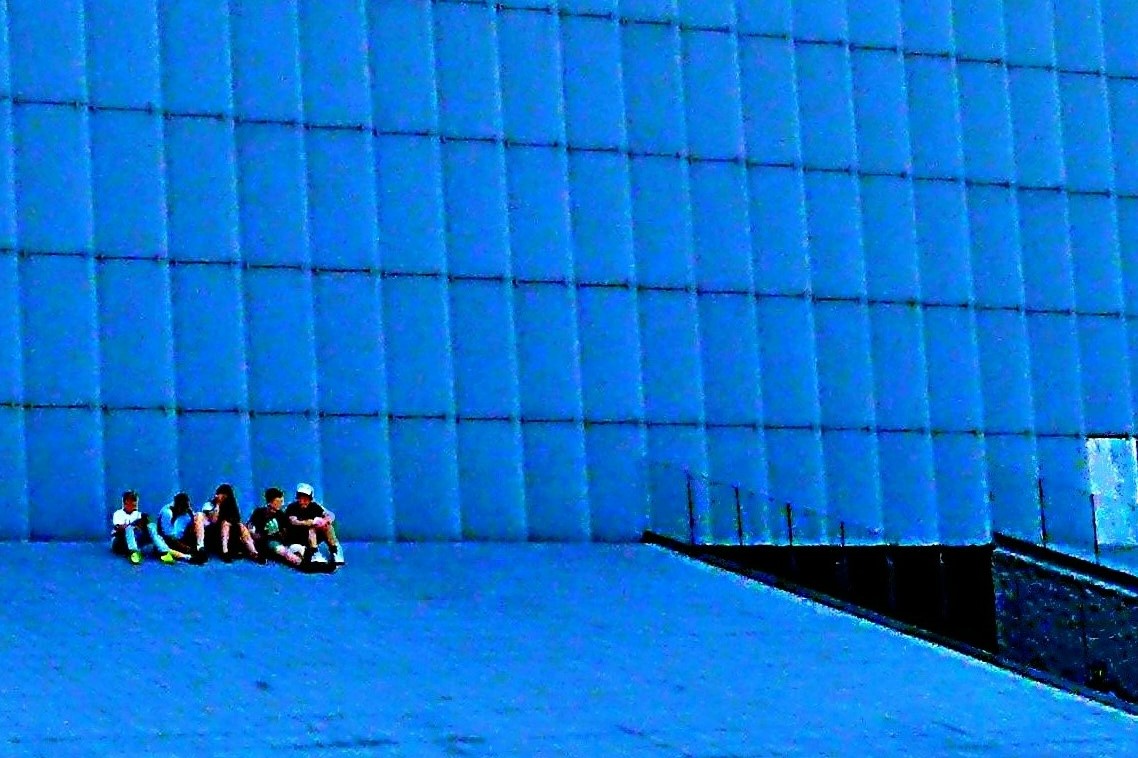
- Nauczyciel: Piotr Lorens
- Nauczyciel: Ksenia Piątkowska

LONDON RETROFIT: WESTMINSTER SITE ALLOCATION.
The project for this semester will involve collaborating with the City of London (Westminster part) to conduct design research on the development, architecture, and urban revitalization of the central area around Paddington Station. This project is in partnership with the Bartlett School of Planning at University College London (UCL) and the University of Westminster.
- Nauczyciel: ADAM BLADOWSKI
- Nauczyciel: Mateusz Gerigk
- Nauczyciel: Michał Leszczyński
- Nauczyciel: Justyna Martyniuk-Pęczek
- Nauczyciel: Ksenia Piątkowska
- Nauczyciel: Marta Jaskulska

Installations for architects is a set of meetings aimed to broaden students understanding of technical aspects of architecture and pro-environment solutions.
- Nauczyciel: Roman Ruczyński

Installations for architects is a set of meetings aimed to broaden students understanding of technical aspects of architecture.
- Nauczyciel: Roman Ruczyński

- Nauczyciel: Piotr Lorens
- Nauczyciel: Ksenia Piątkowska

LONDON RETROFIT: WESTMINSTER SITE ALLOCATION.
The project for this semester will involve collaborating with the City of London (Westminster part) to conduct design research on the development, architecture, and urban revitalization of the central area around Paddington Station. This project is in partnership with the Bartlett School of Planning at University College London (UCL) and the University of Westminster.
- Nauczyciel: Adam Bladowski
- Nauczyciel: ADAM BLADOWSKI
- Nauczyciel: Joanna Francuzik
- Nauczyciel: Michał Leszczyński
- Nauczyciel: Justyna Martyniuk-Pęczek
- Nauczyciel: Ksenia Piątkowska
- Nauczyciel: Marta Wojtkiewicz

